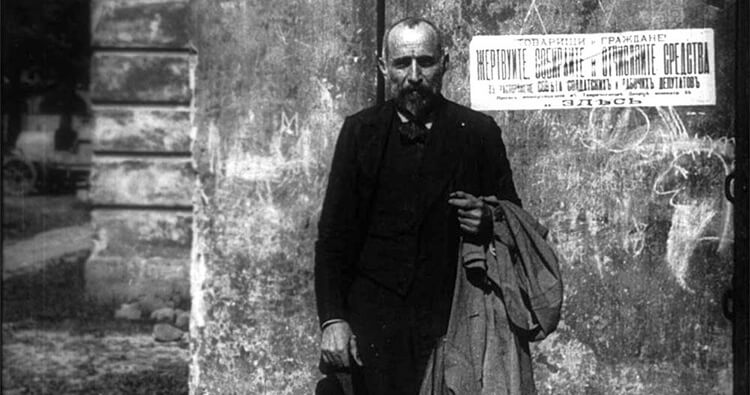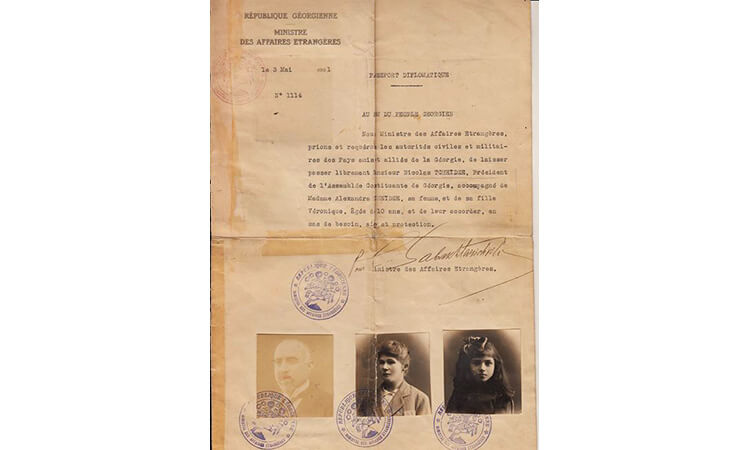Why president of Georgia's first lawmaking body Karlo Chkheidze was absent from his historic 1919 election

Karlo Chkheidze, president of the Constituent Assembly and parliament of Georgia.

Today Georgia celebrates a centenary of the establishment of the Constituent Assembly of its First Democratic Republic. The maiden legislative body passed laws of the fledgling independent state between 1919 and the 1921 invasion of the country by the Soviet army.
However, some of the historical figures who were not present at the time of the maiden session of the assembly in March 1919 have sometimes received less of the limelight during festivities of the republic. Nikoloz (Karlo) Chkheidze, the first and only president of the legislative body and parliament of Georgia, is one of them.
Agenda.ge is publishing a blog by Mirian Melua, editor-in-chief of the French-language monthly newsletter Les Infos Brèves France Géorgie and godson of Veronique Chkheidze, daughter of the president of the assembly.
This day of the 100th anniversary of the 1st session of the Constituent Assembly of Georgia, it may be necessary to forget the official history which is not always very accurate and to remember a man, Nikoloz (Karlo) Chkheidze (1864 -1926), buried in the Pere Lachaise cemetery in Paris, where great French men are buried.
March 12, 1919: Nikoloz Chkheidze is elected president of the Constituent Assembly, but he is not present, he does not appear in any of the official photographs: where is he?

The diplomatic passport of Karlo Chkheidze,. Image courtesy of Mirian Melua.
He is in Paris, with Georges Clemenceau, the Prime Minister of France and David Lloyd George, the Prime Minister of Great Britain, at the Peace Conference, as he tries to achieve a recognition of the Republic of Georgia.
He even proposes Georgia become a protectorate of Britain or France for foreign affairs and defence, while the Georgian government takes charge of internal affairs.
Lloyd George and Clemenceau refuse; they do not wish to drag Britain and France into a war against Soviet Russia; they will recognise the Republic of Georgia in January 1921, a month before its invasion by the Red Army [which forced Chkheidze and his family into emigration to France via Constantinople - agenda.ge].
Fifty years later, Veronique Chkheidze (1909-1986), Karlo's daughter, said that her father had always reproached himself for not having convinced Britain and France, and thus leaving the Georgian people in the hands of the Bolsheviks. He killed himself on June 13, 1926, in the Georgian house of Leuville in France.
Find out more about the First Democratic Republic of Georgia and the Constituent Assembly in agenda.ge's multimedia project 'Georgia's 1028 Days of Independence'.
 Tweet
Tweet  Share
Share